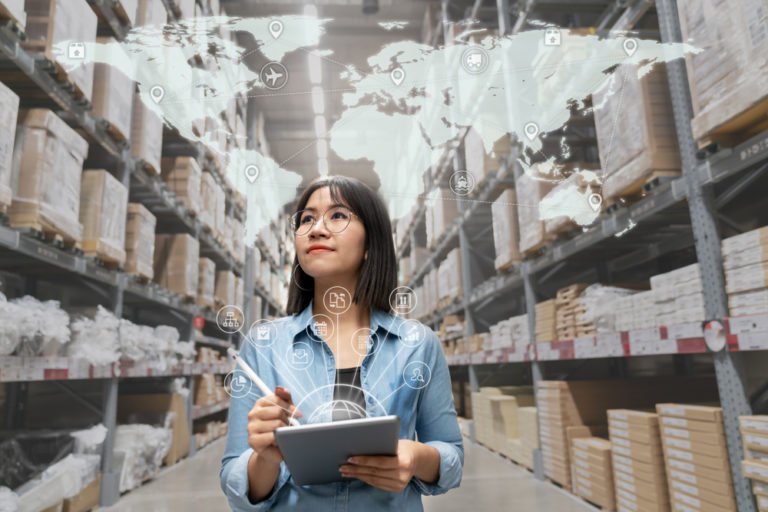Why the Future of Procurement is in Artificial Intelligence & Blockchain

Other Articles

How can F&B businesses adapt for growth, given changes in consumer behaviour?
This article was originally published on UOB Business Banking Insights by UOB on 27 April

Entering new markets for SMEs via B2B e-commerce platform
This article was originally published on UOB Business Banking Insights by UOB on 25 Jan

Top 10 Most Common Procurement Mistakes
Whether you are running the procurement department in a company,


